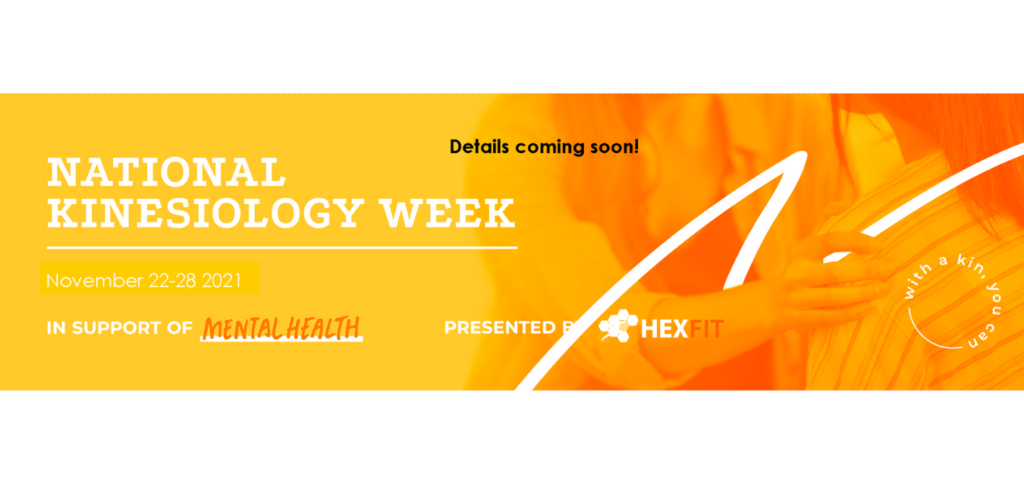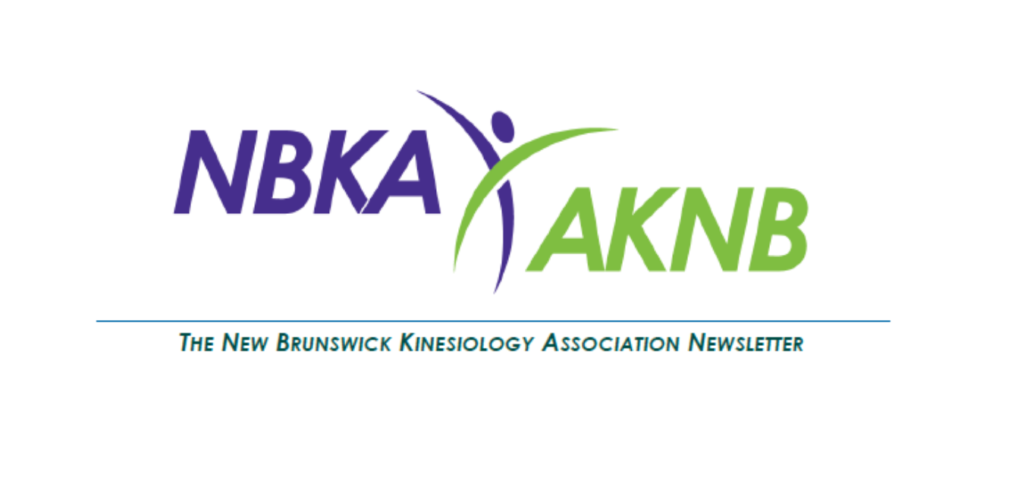SCOPE OF PRACTICE
Kinesiologists provide unique services through the application of the science of human movement and deliver quality solutions through prevention, assessment, and intervention.
In New Brunswick, the area of practice for Kinesiologists include, but not limited to:
- Ergonomics
- Rehabilitation
- Strength and Conditioning
- Human Performance
- Biomechanics
- Orthopedics
- Activities of Daily Living
- Chronic Disease Prevention
- Disability Management
- Health and Wellness
- Etc.
Kinesiologists have three major categories they often work under, including Prevention, Rehabilitation/Ergonomics/Health Care, and Human Performance. For prevention: Kinesiologists specialize in prevention of injury and chronic disease through the use of exercise as prevention. For rehabilitation/ergonomics/health care, kinesiologists have a wide range of knowledge in assessment, prevention and management of musculoskeletal disorders, chronic disease, etc. For performance, Kinesiologists can be seen helping to improve physical performance in sport, recreation, work, and activities of daily living.
Kinesiologists can either work independently or with a team. They often work in rehabilitation clinics along with other healthcare professionals such as Occupational Therapists, Athletic Therapists, Chiropractors, Dietitians, or Physical Therapists. Independently, they are commonly seen working with different clients to develop different types of training programs.
The National Occupational Classification (NOC) for 2011 from Statistics Canada places Kinesiologists under Other professional occupations in therapy and assessment (3144).
They define the main duties of a Kinesiologist as:
- Assess patients and review reports from physicians, physiotherapists, psychiatrists, counsellors, teachers and other professionals to determine patients’ current and potential functioning level
- Prepare individualized and group treatment plans either independently or through a multidisciplinary team approach, based on health concerns and on recommendations from physicians or other health professionals
- Design specialized therapy programs to maintain, rehabilitate or enhance movement, musculoskeletal functioning and performance in sports, work and recreation
- Implement treatment plans by carrying out specialized therapy sessions employing approaches and techniques such as art, drama and music therapy or dance, recreational, sports or other movement therapy
- Observe, record observations and analyze patients during treatment sessions, write progress reports on patient outcomes and consult with other health professionals to evaluate treatment plans
- May provide education to clients regarding health promotion and injury prevention, management and treatment
- May conduct research in respective field of specialization.





